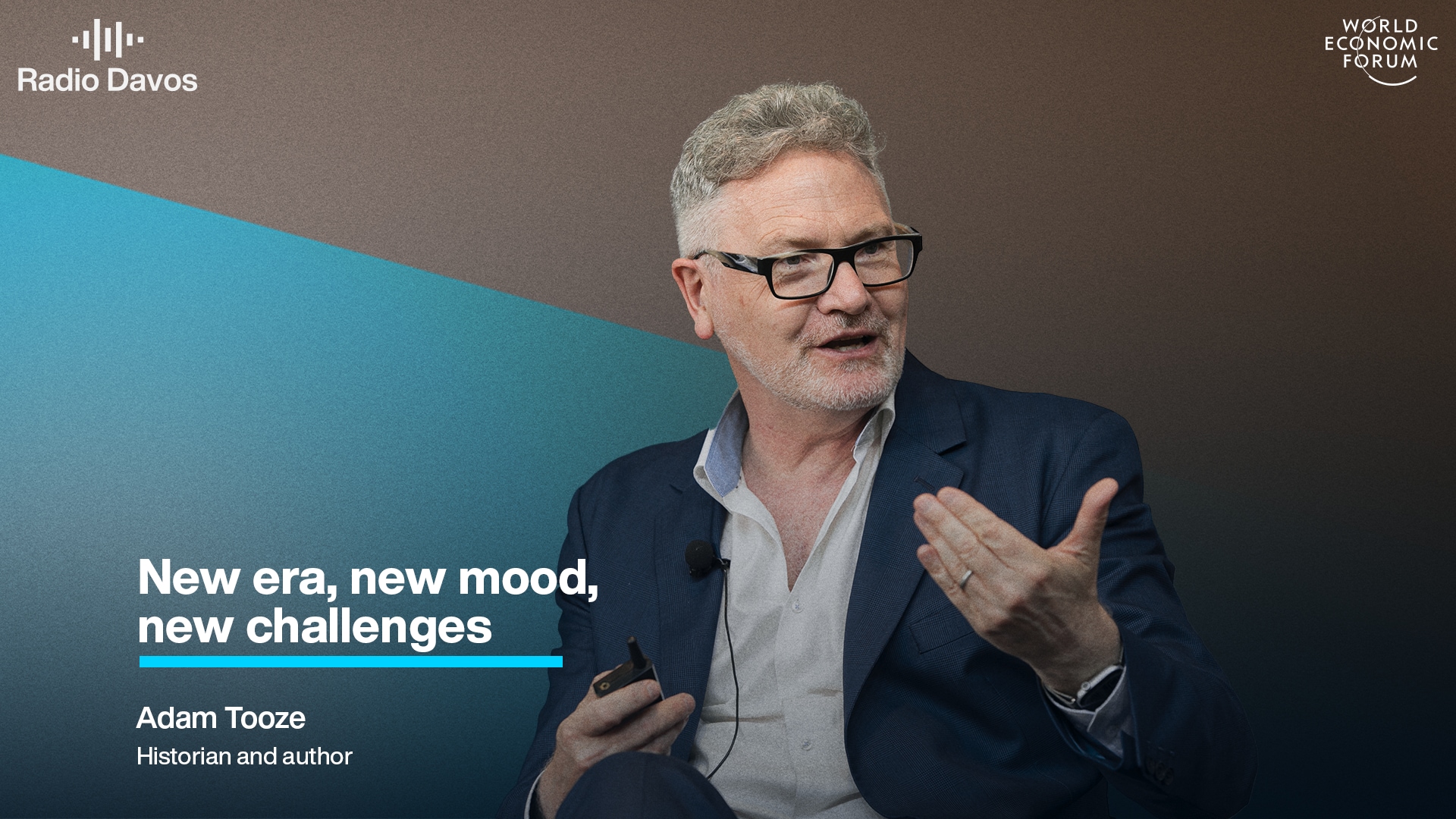UK Foreign Office to be more like '24', ‘Dirty Harry’ claims victory in the Philippines and Rousseff gets a lifeline
Election workers carry boxes containing ballots during the presidential elections in the Philippines
Image: REUTERS/Erik De Castro
Stay up to date:
Oil and Gas
George Osborne has warned of “tens of thousands” of potential job losses in the financial services industry if Britain leaves the EU, claiming 285,000 roles in the sector are linked to business with Europe.
The comments come as the Brexit campaign enters its most intense phase yet. With local elections out of the way, the focus in Number 10 is on winning the political fight of David Cameron’s life, writes the FT’s political editor George Parker. (FT)
In the news
‘Dirty Harry’ claims victory He has been accused of using death squads to eliminate suspected criminals. He has cursed the pope and made shocking comments about the rape and murder of an Australian missionary. And he has promised to jet-ski to an island disputed with China to plant his country’s flag. Meet Rodrigo Duterte, the next president of the Philippines. (FT)
Rousseff gets a lifeline The impeachment of Brazil’s President Dilma Rousseff was thrown into confusion after the acting head of the lower house of congress said he was annulling a critical vote in the process. The speaker, Waldir Maranhão, said a marathon vote on April 17, in which a landslide majority of the lower house had supported the impeachment, had contained procedural irregularities and would be cancelled and held again. (FT)
The new Panama Papers database The International Consortium of Investigative Journalists has published a database of documents relating to more than 200,000 offshore accounts, widening an affair that has brought scrutiny to the finances of UK Prime Minister David Cameron, President Vladimir Putin of Russia and many other world leaders. (ICIJ, BBC)
Pfizer's triple power cancer drug The US pharma company plans to test three novel cancer drugs in humans next year as it seeks to make up lost ground in the race to develop a new generation of immunotherapy medicines. (FT)
North Korea PR drive backfires Pyongyang has expelled a British journalist in the latest example of how the country’s efforts at international propaganda are backfiring. Rupert Wingfield-Hayes, the BBC’s Tokyo correspondent, was detained following a week-long reporting trip, interrogated in a hotel for eight hours and forced to sign a statement apologising for his reports. (FT)
Foreign Office to be ‘more like 24’ Move over Jack Bauer. British diplomacy is in for an overhaul. A review of the service has found a need to improve technology, data analysis and professional standards, so it is “more like 24 or Spooks and less like The Good Life”. (FT)
It's a big day for
UK telecoms European commissioners are meeting in Strasbourg to discuss CK Hutchison’s proposed £10.5bn takeover of mobile operator Telefónica’s O2 in the UK. The deal, which would create the largest mobile operator in the UK, is expected to be rejected. (FT)
Led Zeppelin The rock band's founders, Jimmy Page and Robert Plant, face trial to decide whether they ripped off the opening notes of "Stairway to Heaven". It's a sign of the times in the music industry, where an age of declining revenues has sent disgruntled artists to the courts. (Guardian)
Food for thought
The Blitz: then and now Tomorrow marks the 75th anniversary of “The Longest Night” — the final attack of an eight-month-long aerial bombing of London by Nazi Germany. Composite images show the city then and now. (The Atlantic)
How Donald Trump has changed the world The former reality TV star has taken over the Republican party — but he has also become the standard-bearer for the far right throughout the west, argues Gideon Rachman. Sign up for our daily US politics newsletter here. (FT)
Auditing: Pitch battle Under new regulations, companies have to put their audit out to tender every decade and change supplier every 20 years. The result has been a brave new world of competitive pitching in which the professional services firms are pouring money into technology as they try to pick up audit business from their rivals. (FT)
China's emotion-sharing economy In Shanghai's endless traffic jams, there is plenty of time for a therapy session, with your Uber driver playing the shrink, writes Patti Waldmeir. (FT)
The unregulated world of limb-lengthening Young Indians are paying for complex, painful procedures despite the absence of medical oversight in the race to improve career and marriage prospects. (Guardian)
Something in the air If you thought we reached the limits of 21st-century romance with the advent of Tinder and other dating apps, you’d be wrong. Cities across the globe are hosting “Pheromone Parties”, where guests choose partners based on whether they like the smell an unwashed T-shirt. So far, so classy. But are we really sending out airborne aphrodisiacs? Are pheromones actually a thing? (BBC)
Video of the day
New era for Saudi oil explained Neil Hume, the FT’s commodities editor, explains how Saudi Arabia’s recent government reshuffle will bring greater volatility in the oil market. (FT)
Don't miss any update on this topic
Create a free account and access your personalized content collection with our latest publications and analyses.
License and Republishing
World Economic Forum articles may be republished in accordance with the Creative Commons Attribution-NonCommercial-NoDerivatives 4.0 International Public License, and in accordance with our Terms of Use.
The views expressed in this article are those of the author alone and not the World Economic Forum.
Related topics:
Forum Stories newsletter
Bringing you weekly curated insights and analysis on the global issues that matter.
More on Geo-Economics and PoliticsSee all
Mark Esposito
July 24, 2025
Aengus Collins
July 15, 2025
Guy Miller
July 15, 2025
Vijay Eswaran
July 7, 2025






